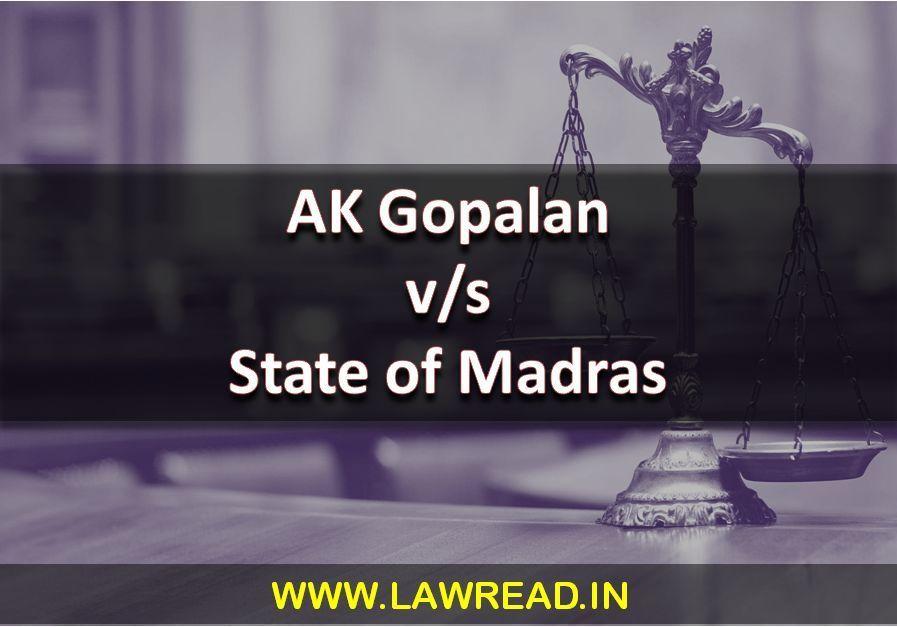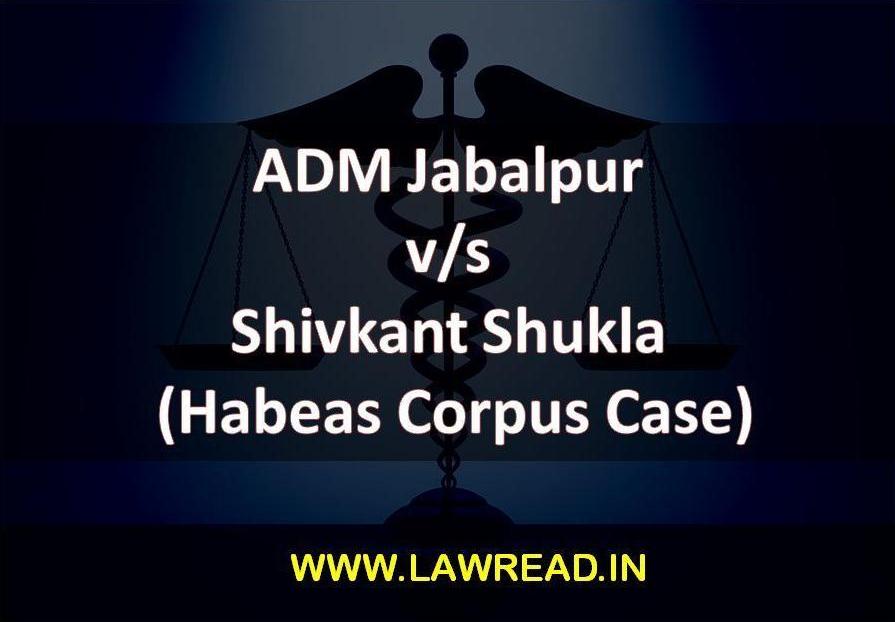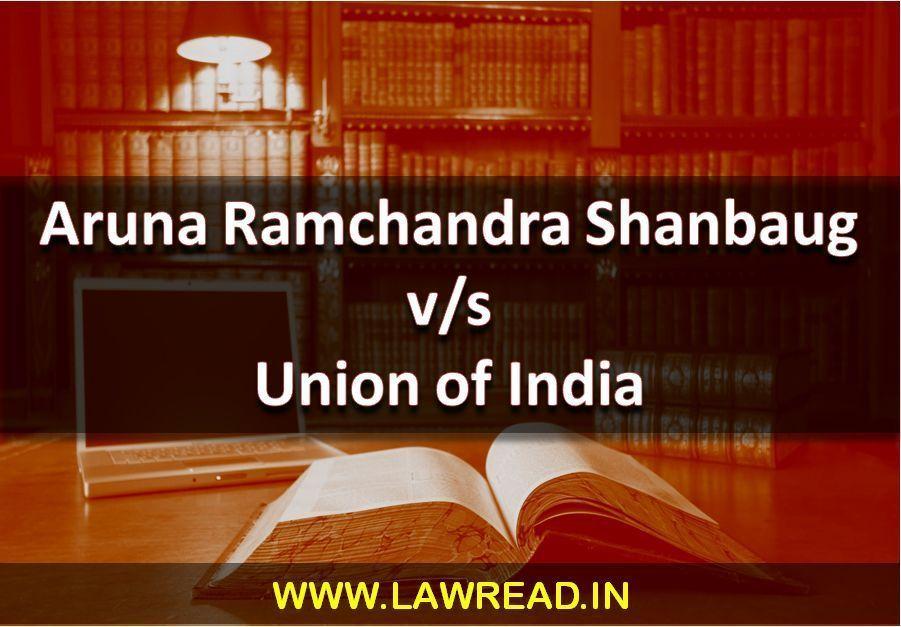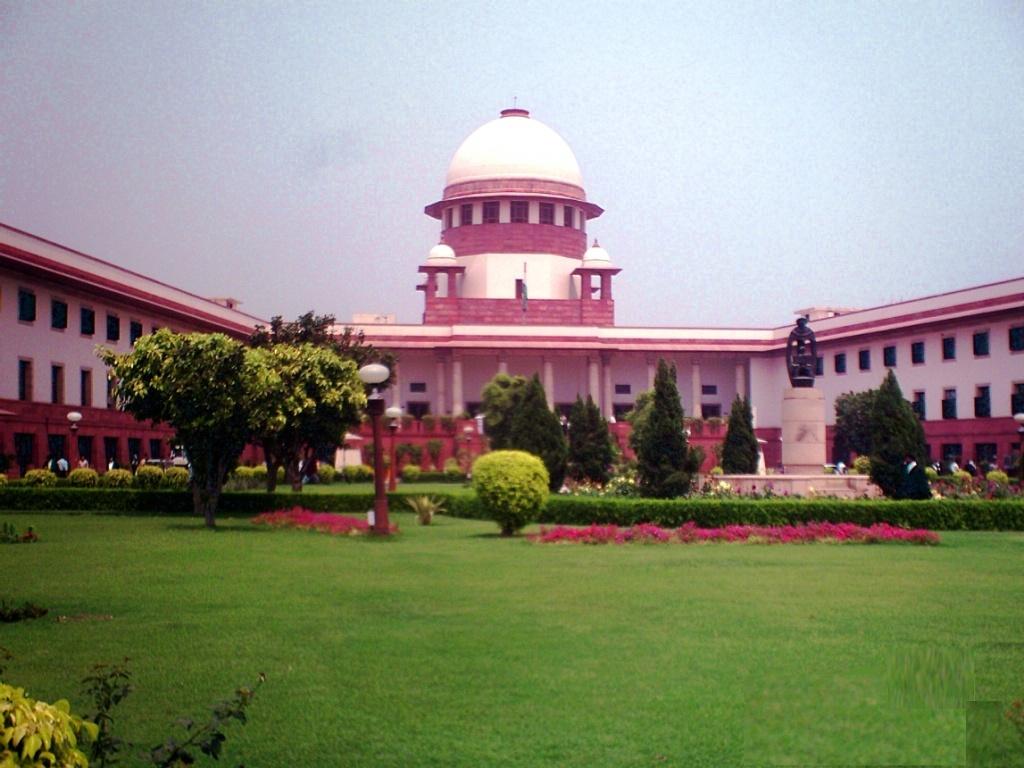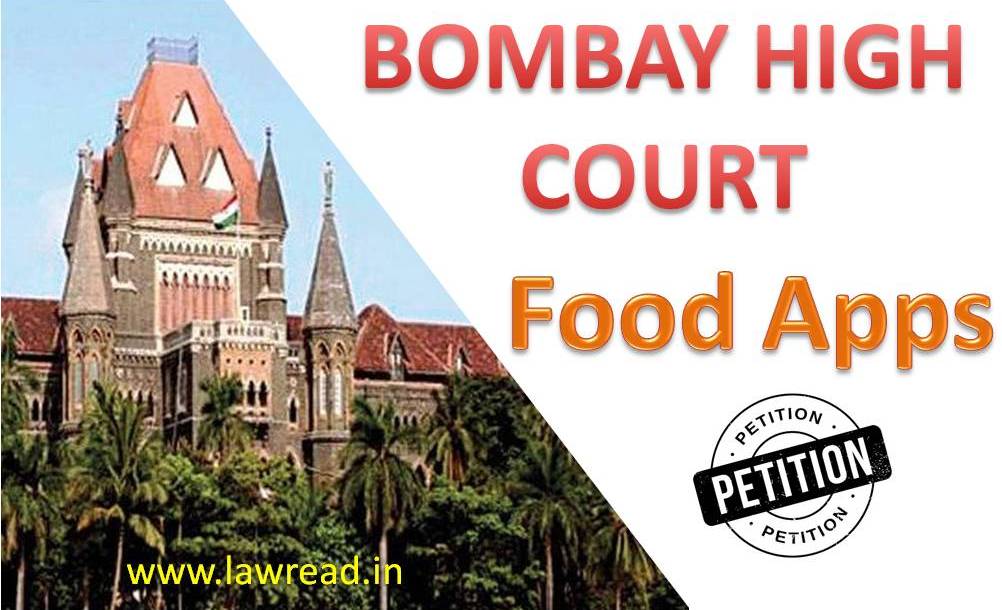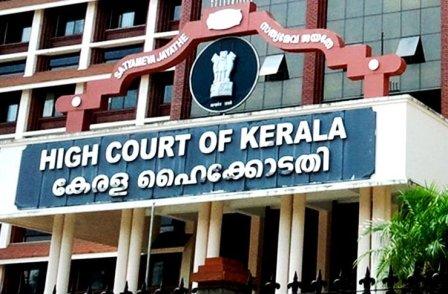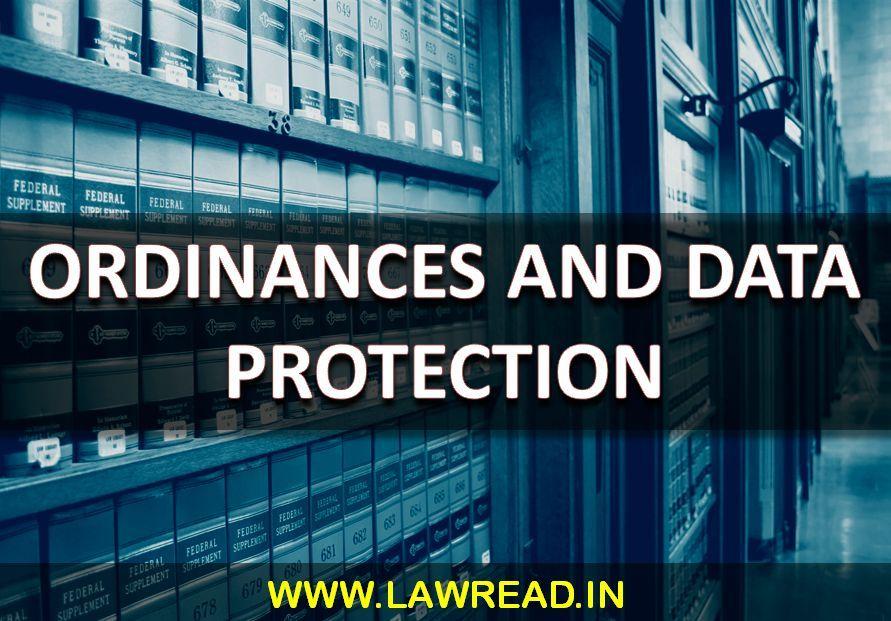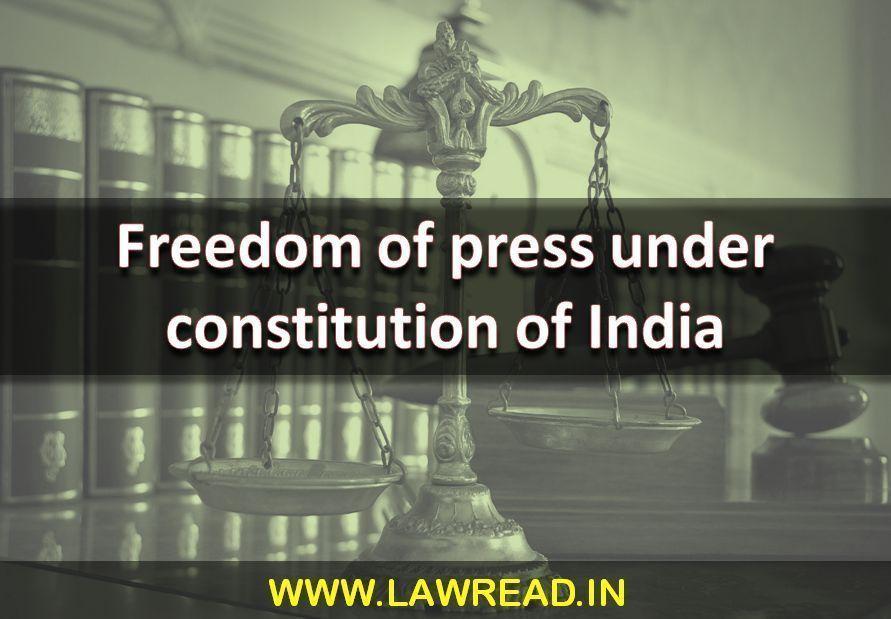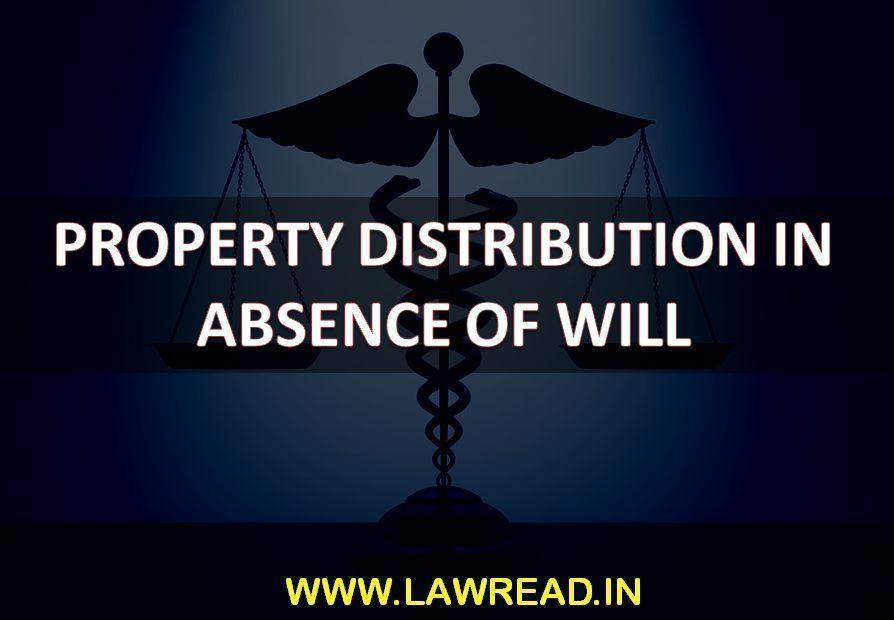AK Gopalan v. State of Madras (1950)
Title of the case:- AK Gopalan v. State of Madras, 1950
Citation: 1950 SCR 88: AIR 1950 SC 27 : (1950) 51 Cri LJ 1383
Court: Supreme Court of India
Bench:Constitutional Bench (Hiralal Kania CJ and Saiyid Fazl Ali, M. Patanjali Sastri, Meher Chand Mahajan, B.K. Mukherjee and S.R.Das, JJ.)
Petitioner: A.K. Gopalan
Respondent: State of Madras
INTRODUCTION:
A.K.Gopalan v State of Madras is taken to be one of the landmark judgments delivered by the Supreme Court of India. After the formation of the Supreme Court of India in 1950, this case is remembered to be the first case where the Apex Court delivered the judgment and it correctly analyzed and interpreted the main components of the Constitution of India and the Fundamental Rights under Article 19 and 21. This case dealt mainly with Articles 19,21 and 22. The most prominent characteristic of this case was its dissenting Verdict by Justice Fazl Ali who was one of the two dissenting judges on a six judges bench. The dissenting Verdict given by him became an example of personal liberty and freedom of thought for fundamental rights back in 1950.
FACTS OF THE CASE:
A communist leader, the petitioner A.K. Gopalan was detained under the Preventive Detention Act 1950 in Madras Jail. He confronted the rationality of the Act on the point that that was violating the freedom of movement under Article 19(1) (d) and personal liberty under Article 21 through writ petition under Article 32 of the Constitution. Mr. A.K. Gopalan made the petition under Article 32(1) of the Constitution of India. A writ of Habeas Corpus was filed against his detention in accordance with an order made under the Preventive Detention Act,1950. The state government served him with an order under Section 3(1) of the Preventive Detention Act,1950 on 1 March 1950. He challenged the legality of the order. Mr. Gopalan also asserted that the issued order was deceitful.
ISSUE:
1. Is the Preventive Detention Act 1950 in violation of Articles 19 and 21 of the Constitution?
2. Is ‘Procedure established by law’ under Article 21 of the Indian Constitution the same as ‘due process of law’ under the US Constitution?
3. Is there any relation between Article 19 and 21 of the Constitution or are they independent in nature?
ARGUMENTS:
(a) Arguments by the Petitioner
1. The provisions of the Preventive Detention Act, 1950 violated the freedom given to every citizen by Article 19(1)(a) to (e) and (g), and the questioned law under the Act 4 of 1950 did not contain the text of Article 19(2) to Article (6). The petitioner’s right to free speech as and where he wanted was taken away.
2. Article 19 also talks about personal liberty as a Fundamental Right and it is being violated of the detainee by the impugned order.
3. It was challenged that Article 19 and Article 21 should be read together as implementing each other. It was argued that Article 19 gave substantive rights to citizens while Article 21 prescribed that no person can be deprived of his life and personal liberty except by a procedure established by law, which is procedural law.
4. The freedom of movement of the petitioner conferred by Article 19 (1) (d) as it states that it expressly gives the right “to move freely throughout the territory of India” was cut down by the detention order given by the Madras State Government.
5. They said that the words “territory of India” mentioned in Article 19(1)(d) are unwanted and pointless because the Parliament is the supreme authority to make laws that will be operative only within the territory of India.
6. It was proclaimed that under Article 21 ‘procedure established by law’ means ‘due process of law’ of the US Constitution which includes the principle of natural justice and since the questioned law does not contain the requirement of due process of law, therefore it is an invalid law.
(b) Arguments by the Respondent
1. The respondent argued that Sections 19 and 21 should not be read together but separate. The article mentioned in 19 (1) (a) to (g) also should be considered separately from a different point of view of a similar right in the other citizen.
2. They conferred that the words “procedure established by law” is adopted by the Japanese Constitution to avoid the usage of the word “due process” and it thus has a different meaning of both words. So it is not in violation of Article 21.
JUDGEMENT:
The majority of the bench considered that the "Personal Liberty" mentioned under Article 21 of the Constitution meant nothing more than the liberty of the physical body, i.e, liberty from arrest and detention without the authority of law, hence, rejected the arguments of Mr. A.K. Gopalan. The court with the majority of four in the given case held that the word "law" mentioned in Article 21 of the Constitution of India only means procedural due process. Gopalan's detention was lawful even though the law violated some of his Fundamental Rights like his "Right to Freedom of Movement" under Article 19 because the Preventive Detention Law under which Gopalan was detained was a valid law. The detention was arbitrary under Article 14.
Justice Fazl Ali in his dissenting opinion held that the Act was liable to be questioned as violating Article 19. Ha gave broad and descriptive meaning to the word "Personal Liberty" as consisting of freedom of movement and locomotion. Therefore, any law which deprives the person of his personal liberty must satisfy the requirements of Articles 19 and 21.
Justice Fazal Ali relied on the Constitution of Danzig and said that:
“There is however no authoritative opinion available to support the view that this freedom is anything different from what is otherwise called personal liberty. The problem of construction in regard to this particular right in the Constitution of Danzig is the same as in our Constitution. Such being the general position, I am confirmed in my view that the juristic conception that personal liberty and freedom of movement connote the same thing is the correct and true conception, and the words used in Article 19(1)(d) must be construed according to this universally accepted legal conception.”

